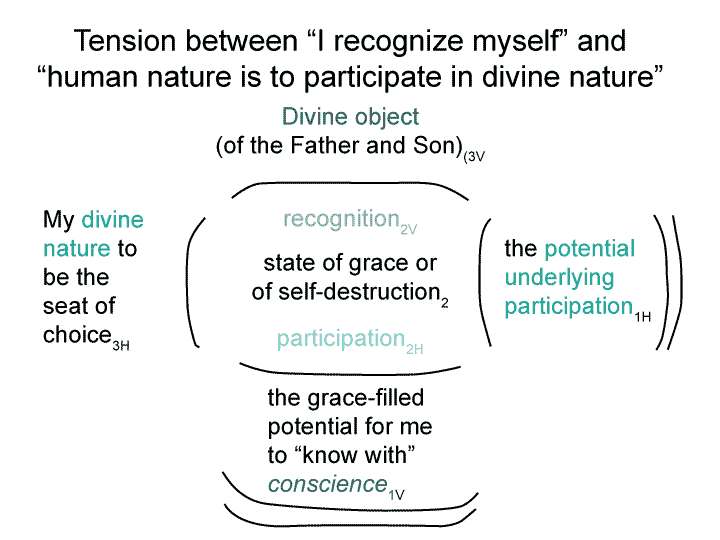Man and Sin by Piet Schoonenberg (1964) 2.2 DN
[Progressives also deny the concrete consequences of undermining the natural course of male-female bonding.
For every 1 feminist professor in the Multiversity, there are at least 100,000 women who are single and have aborted their fetuses. They are the concrete victims of feminist ideologies.
Yet, the professor is undisturbed. She speaks for the 100,000 and expects them to heed her advice.
She talks on Progressive TV. She writes in Progressive print media. In both media, the listener cannot talk back.
She expects ‘liberated women’ to socially construct her abstract symbolic order. 100,000 woman-victims read her words for self-justification or hear them through the echo chambers of Progressive media.
Yes, 100,000 women are victims…
…for one feminist professor.
The dead fetus is her ‘word made flesh’.]

